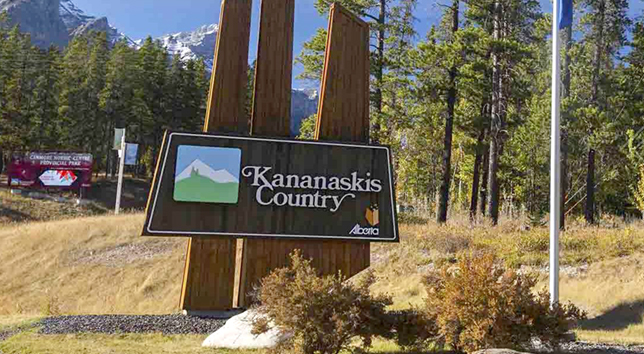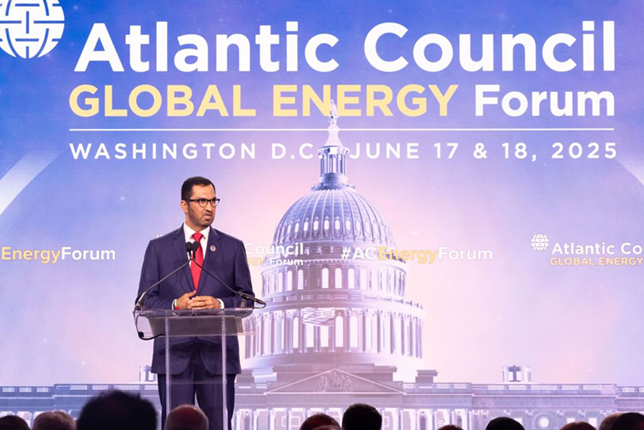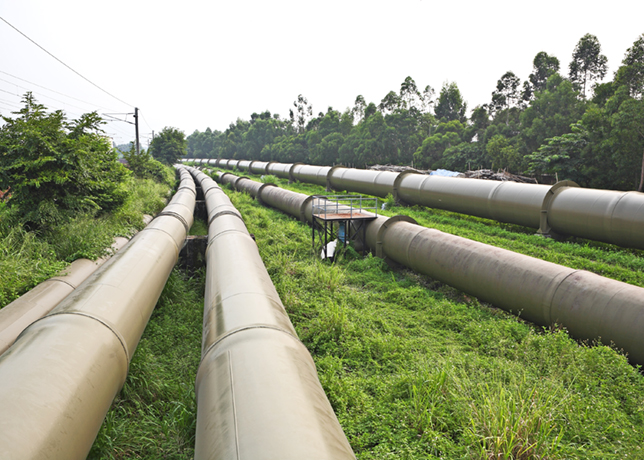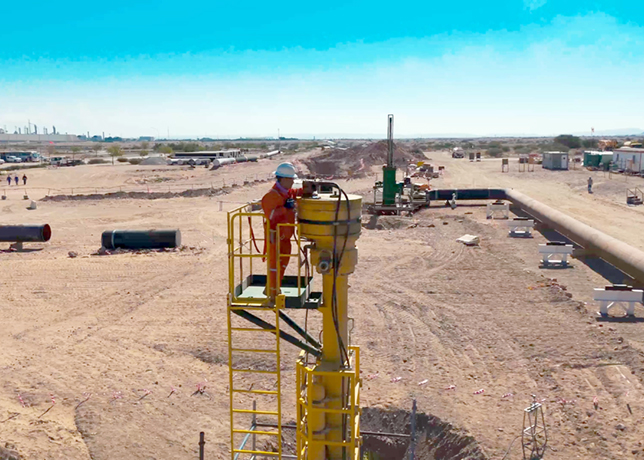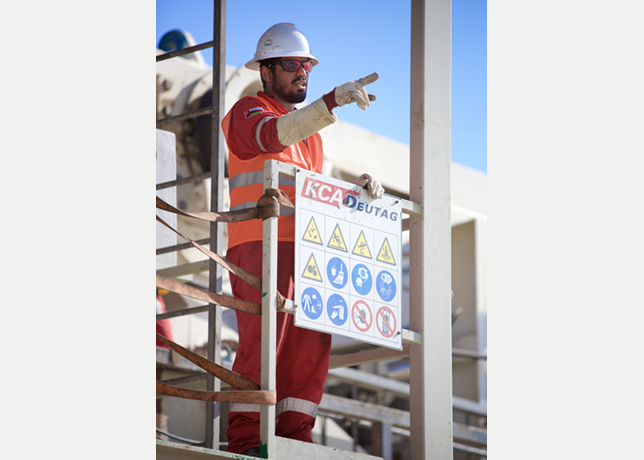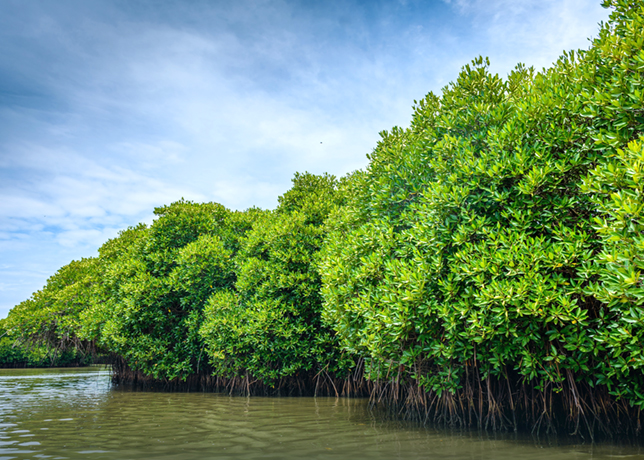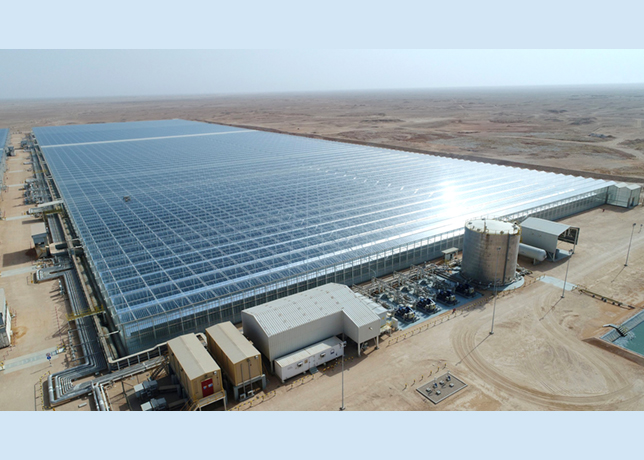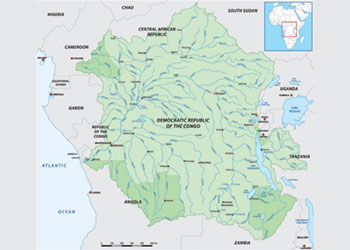
 The Congo Basin is one of the world’s largest carbon sinks
The Congo Basin is one of the world’s largest carbon sinks
The size of Eastern Europe, the Congo Basin is one of the world’s largest carbon sinks. Carbon credits generated there can be sold to offset emissions elsewhere due to the region’s carbon-absorbing capacity, Kennesy Kayembe, tells OGN
My grandfather used to tell me an old Congolese proverb, which went, 'No matter how full the river, it will still want to grow.'
For years, I didn’t understand what he meant, but now, as Africa confronts climate change, I can appreciate how a full river will still want to grow.
The world is overflowing with carbon emissions, yet growth in hydrocarbon consumption seems inevitable. It’s warming the earth, to the point of peril. What can be done about this?
My generation is confronting the challenge of solving the problem. Easy solutions are hard to come by, but there are a number of viable paths forward, including voluntary carbon markets and related initiatives.
CHALLENGES & OPPORTUNITIES OF CARBON MARKETS IN AFRICA AND THE CONGO BASIN
 |
Kayembe ... pioneering the use of tokens in VCMs |
Carbon markets are trading systems that enable entities that generate greenhouse gas emissions to buy carbon credits from entities that remove or reduce those emissions (typically, a tradable carbon credit equals one tonne of carbon dioxide or equivalent).
These markets are functioning, and the concept has a great deal of promise. What’s good about carbon markets is that they recognise the reality that greenhouse gas production is not going away. It’s an inevitable byproduct of industry and transportation for the foreseeable future.
Challenges exist, however. They include a lack of local legislation, limited awareness, and concerns about corruption.
These issues should not prevent stakeholders from engaging and trying to make a success of carbon markets.
There are many opportunities present in carbon credit generation through conservation, renewable energy projects, and Natural-Based Solutions (NBS’s).
AN OPPORTUNITY FOR MANDATORY CARBON MARKETS
A number of policy makers have suggested that carbon markets be mandatory. This is a good idea, though one of those concepts that’s perhaps harder to execute than people imagine.
 |
Carbon credits generated in the Congo Basin can be sold to offset |
Mandating anything usually leads to unintended consequences like rule breaking or other modes of policy circumvention. That said. there is potential for mandatory carbon markets, especially if driven by the region’s green energy and NBS potential.
One factor to keep in mind is Africa’s immense size.
Most people don’t realise that you can comfortably fit the US, Europe, and China into the geographical area of Africa and still have room to spare.
And, the continent is very diverse, in terms of terrain.
We have industrialised areas, agricultural zones, and deserts, but also enormous rainforests like the Congo Basin, which is about the size of Eastern Europe.
If mandated, carbon credits generated in the Congo Basin can be sold to offset emissions elsewhere due to the region’s carbon-absorbing capacity.
OFFTAKE OF VOLUNTARY CARBON MARKETS?
Voluntary carbon markets (VCM) are gaining momentum, with initiatives like the Africa Carbon Markets Initiative (ACMI) aiming to expand them.
ACMI is led by a steering committee of 13 members, including CEOs, African leaders, and CEOs.
The group has an ambitious goal, which is to produce 300 million credits annually for the region, which would create jobs and reduce global warming. Getting there won’t be a simple matter, but it can be done.
The voluntary model can work, especially if there are initiatives to facilitate investment in carbon reduction.
FUTURE GROWTH OUTLOOK
While it’s difficult to predict future growth potential for carbon markets in Africa, it’s essential to understand the foundation of any such projections: Carbon markets do not exist in isolation. Rather, they reflect other factors, such as industrialisation, infrastructure, and agriculture.
These activities produce carbon, so offsetting this carbon production must take these economic growth trends into account. It’s a balancing act, because peoples’ quality of life depends on how well industrialisation progresses.
As of today, 12 African countries represent over 40 per cent of the continent’s carbon emissions.
The current rate of carbon credit trading is low, but growth appears strong, with the retirement of African credits growing 36 per cent annually for the past five years.
Still, there’s quite a way to go to reach 300 million credits per year. Financing and innovative projects will be critical to success. More on this in a moment.
AFRICA’S GROWING FOSSIL FUEL INDUSTRY
Africa produces about eight per cent of the world’s oil. The sector is highly concentrated in the northern and western areas of the continent.
It’s also quite concentrated in political and business terms, so while the industry produces a great deal of money, its economic benefits are not shared equally.
Africa’s fossil fuel industry is a necessary reality for the foreseeable future. Success in achieving a low-emission future will necessarily involve leveraging existing fossil fuel solutions and managing a transition to clean energy over time. Fossil fuels provide cheap energy for the transition towards low-carbon solutions.
RECOGNISING THE IMPORTANCE OF NBS
In my view, success in carbon reduction will come from well-funded programs that leverage Natural-Based Solutions (NBS).
In the Congo Basin, for example, it is possible to set up a system where conservation and sustainable development work hand in hand.
NBS and renewable energy projects in this region - and others like it can protect the environment but also improve the lives of local communities, including Indigenous tribes.
The reason I think NBS’s deserve so much attention is that nature is the beginning and end of the entire climate crisis.
Carbon emissions disrupt nature, but nature offers its own natural, if you will, solution.
The Congo Basin is one of the world’s largest carbon sinks. It can do a lot to solve greenhouse emissions without doing much of anything except being itself. That’s an incredible opportunity, if we work on its realisation.
Transparency and accountability are essential for success. NBS initiatives should bring gains for all stakeholders - from investors to the local communities. It’s not just about doing what’s right; it’s about a smart approach that ensures growth and prosperity for everyone.
• Kennesy Kayembe, CEO of FG Capital Advisors, is a Belgo-Congolese entrepreneur with a diverse background in farming and battery metals mining.
His expertise in structured commodity finance and project finance solutions has been pivotal in advancing this environmental finance initiative. He has managed substantial investments in the FinTech space.
FG Capital Advisors is pioneering the use of tokens to fund high-potential opportunities in voluntary carbon markets, with a focus on Congo Basin project that place a special emphasis on peatlands and other NBS.
















